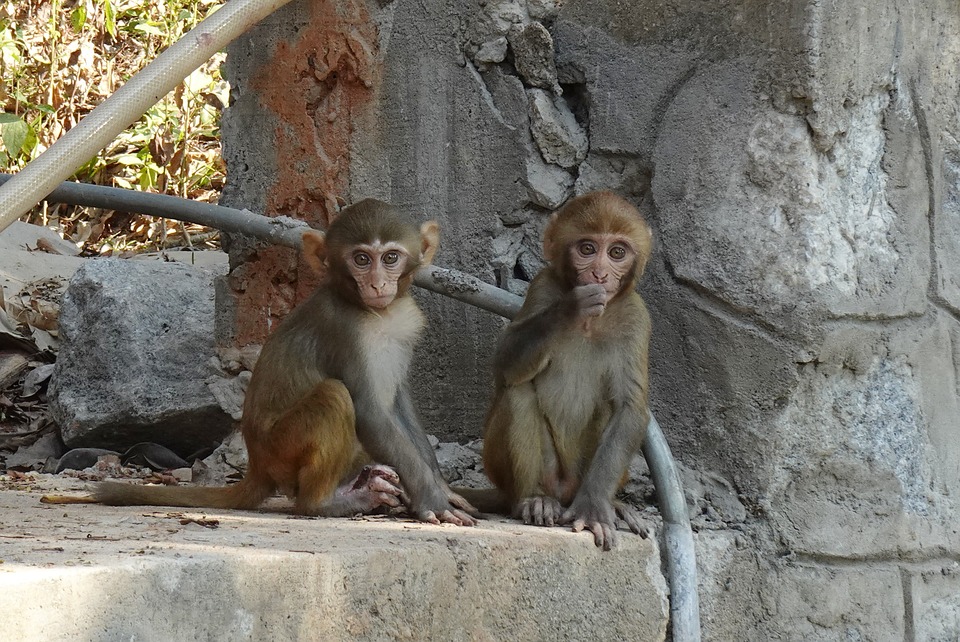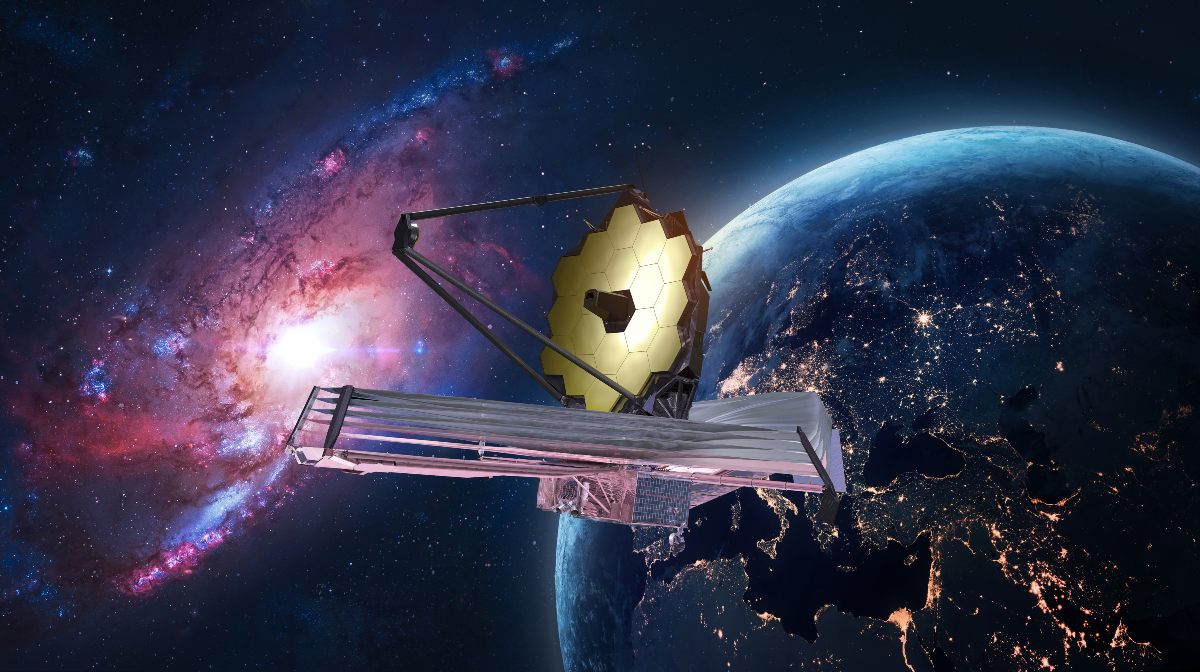Chinese scientists have successfully cloned a monkey, to the surprise of half the scientific world. Some professionals, such as Lluis Montoliu of the National Center for Biotechnology, say that it would be “extraordinarily difficult” to carry out the same process in humans and that it would be very difficult to justify ethically speaking.
A new achievement for the scientific community
The species they have succeeded in cloning is the rhesus monkey, also known by its scientific name Macaca mulatta. They are usually a type of animal widely seen in the Indian area. This monkey cloned by Chinese scientists has managed to stay alive for more than two years. This has been a breakthrough for the Chinese scientific community as it would be the second case of cloning that has been performed on primates.
The research has been reported in detail in the journal Nature Communications. This new breakthrough created a complete reversal of the negative predictions about cloning. Previously, one had been obtained in which the monkey died after birth. That the new cloned monkey has survived for so long is another step towards success. Since in past cases, the post-natal mortality rate had been considered high.
How did Chinese scientists manage to clone the monkey?
In cloning the monkey, Chinese scientists used somatic cell nuclear transfer technology. This is the same process that was used, in the past, to clone other mammals such as “Dolly the sheep” or cynomolgus monkeys.
The professionals came to the conclusion that the somatic cells of the body contain genetic information about the formation of the original body. They have all the data on that organism but cannot shape other organisms. Something that Chinese scientists have had to arrange so that a fully viable placenta could be created for the development of the new cloned being.
What will the future look like in primate cloning?
In order to make the project more feasible, the Chinese scientists had to identify all kinds of anomalies in the cloned embryo by analyzing the state of the placenta and its reading of genetic information. They also created a comprehensive study between the comparison of in vitro fertilization (IVF) and cloning by somatic cell nuclear transfer. This key point in the realization of monkey clones could be what has made the difference. And therefore, what could attract success towards the future of cloning in primates.
Cloning experiments on primates would not be possible in Europe, as legislation would not allow such experiments on non-human animals. It would only be possible if the research was intended to find a solution to some serious fatal disease that could endanger a large number of human beings. Something that has not been the cause or purpose of this experiment. What do you think?



